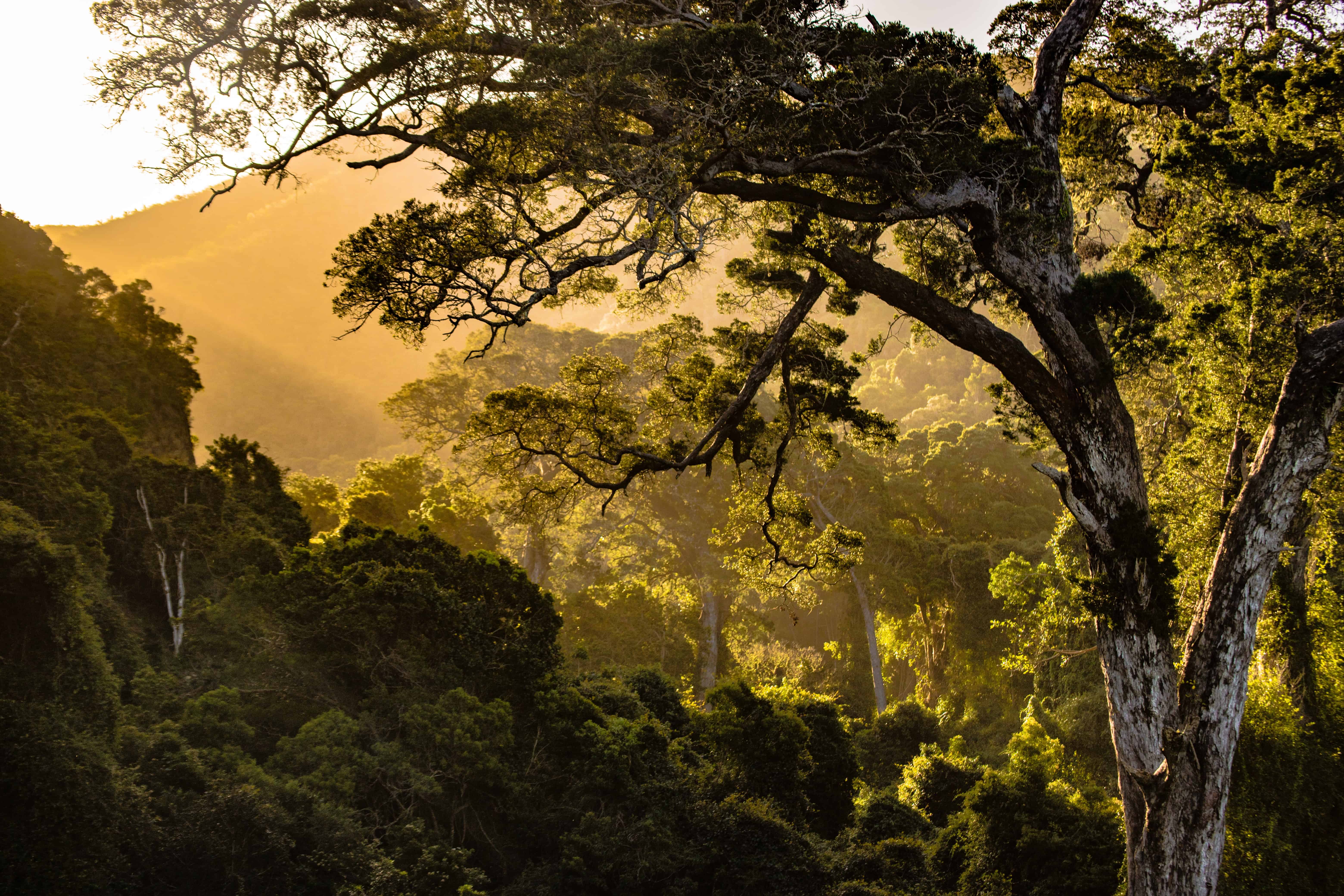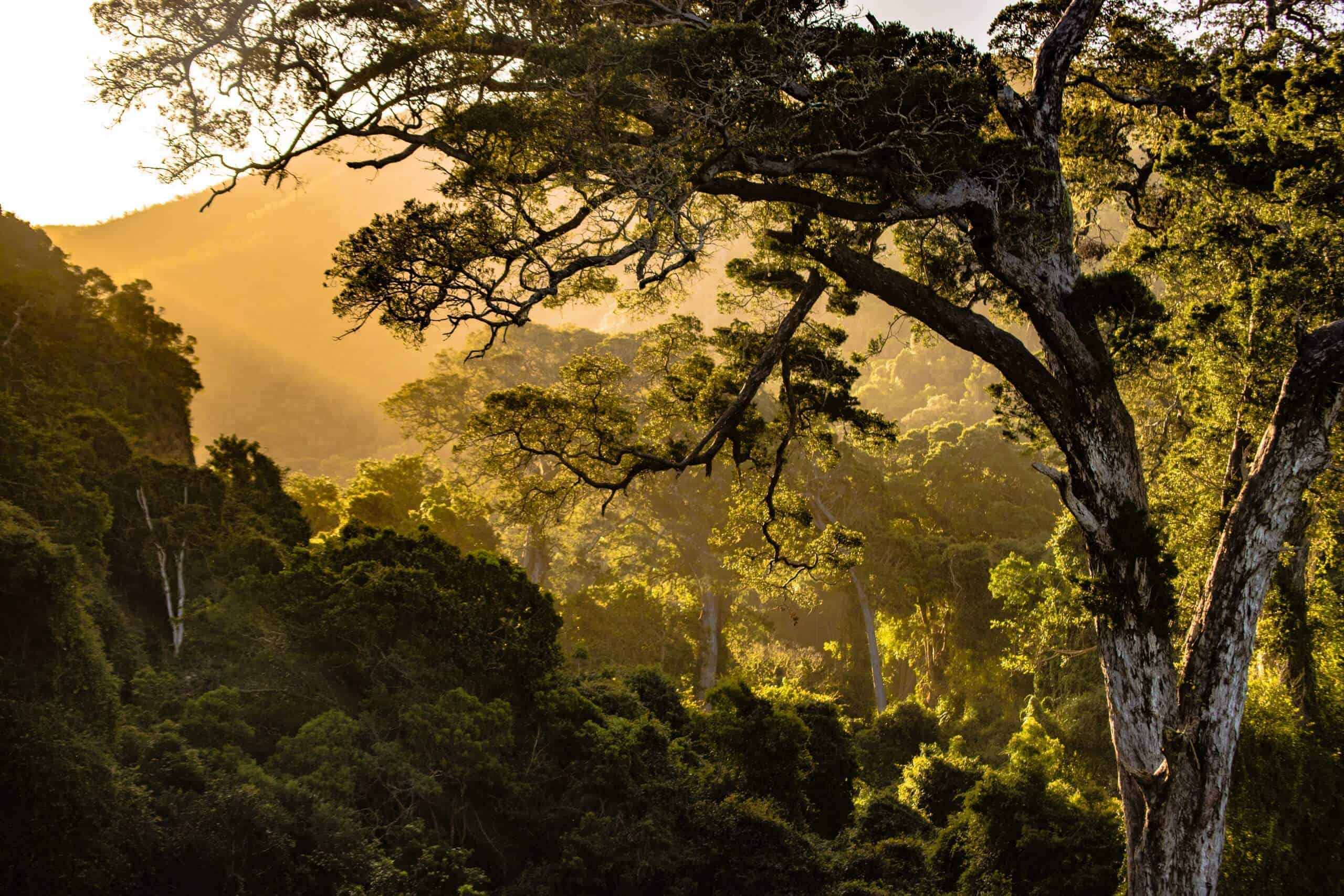what is ecotourism and why is it important
Last Updated on 13/06/2021 We’ve become an increasingly global world. Travel has never been easier – at least before the pandemic hit. Every year, billions of people travel internationally to the point where popular tourist destinations have started to suffer from the effects of overtourism.Reading: what is ecotourism and why is it importantThe existence of some of the world’s most beautiful locations is now under threat and it’s getting out of control.Travel is a gift but it needs reform. Perhaps, as a result of the pandemic, the industry will be forced to cut back and it will become more sustainable to manage.One way this can work is if travel becomes more responsible.The answer is ecotourism.So, what is ecotourism and why is it important? What are the benefits of ecotourism and how does it work?Grab a cuppa, get comfortable and let’s dive in.
What is Ecotourism?
Contents
To put it simply, The International Ecotourism Society defines ecotourism as:‘Responsible travel to natural areas that conserves the environment, sustains the well-being of the local people, and involves interpretation and education.’Ecotourism is all about active tourism. It’s a small-scale and low impact form of travel that seeks out ways to preserve the natural world by ensuring that biodiversity, ecosystems and local communities remain protected and unspoiled. It’s a rewarding and educational experience that improves our cultural awareness and understanding of nature.Ecotourism destinations tend to be fragile, untouched and fairly preserved. Think islands, densely biodiverse reserves and significant cultural landmarks.This form of travel was first introduced in the 1970s but it only started to take off towards the end of the 1980s. Thanks to the growing trend in people prioritising greener choices, ecotourism is getting more and more popular every year.
Why is Ecotourism Important?
Photo by Dave on UnsplashEcotourism helps preserve and foster respect for some of the most beautiful environments on Earth. It encourages travellers to help protect the environment and contribute to local communities on a much deeper level than the tourists just passing through.This hands-on approach plays a vital part in educating travellers about some of the hardships these environments face, which can only be a good thing! The more knowledge we have about the world, the better we can protect it – both from ourselves and climate change.Overtourism is a huge problem for a number of reasons. It can put a strain on a destination’s resources and inhabitants, and it can prevent them from safeguarding their most fragile assets effectively.Popular places like Machu Picchu in Peru were beginning to limit the number of tourists for fear of long term and irreversible damage to these precious sites.Ecotourism is an antidote to unsustainable tourism.It’s also an ally of conservation.No one wants to visit a beach that’s covered in plastic. Ecotourism-focused attractions put the welfare of the environment first to ensure that they can provide an excellent service long term.
Examples of Ecotourism

The Benefits of Ecotourism

Educates People
We’ve already mentioned how ecotourism raises awareness of the threats to the environment, but it goes much deeper than that. It can also help inspire real change.All it takes is for someone to spread the word about ecotourism and conservation efforts for more people to get informed, make changes from home and encourage policymakers to make a real difference.Knowledge is power.
Makes the World a More Beautiful Place
Earth is already beautiful but some of its corners are far from pristine.Ecotourism ensures that the world stays beautiful long term. It protects and preserves some of the most fragile ecosystems on the planet so they can be enjoyed for generations to come.By choosing to support ecotourism, you can use your travels to save some of the world’s most precious natural gems.
Supports Local Communities and Conservation Efforts
Ecotourism puts money into the hands of small enterprises and local communities rather than large corporations that cut corners to save money.Read more: Dear Dr. Universe: Why do cats lose their whiskers? – Nisi, 10, Nampa, IdahoBy supporting ecotourism holidays, you financially give back to the places you visit and help sustain the livelihoods of the local communities.
Improves the Quality of Travel
Travel should be about enriching experiences and ecotourism does just that. You get a much deeper cultural understanding of a destination and the chance to really appreciate its natural beauty.That’s what travel should be.Ecotourism is not just good for the environment. Our own personal development and mental health reap the rewards of it too. It allows us to connect with nature in an interactive and respectful way which brings a multitude of benefits to our well-being.Studies have also shown that exposure to natural environments is crucial to our psychological health. In other words, ecotourism makes us feel good.
If it’s about the Environment, Shouldn’t We Just Stay at Home?

What is the Difference between Ecotourism and Sustainable Travel?

How to be an Ecotourist

Choose a Destination which is Known for its Ecotourism
The easiest way to be an ecotourist is to visit a destination that is known for its ecotourism initiatives. I’ve included a list of some of the top ecotourism places below to give you a few ideas.Ecotourism is usually associated with somewhere particularly biodiverse and tropical but you can actually find evidence of it all over the world.
Make Sure the Ecotourism Project or Organisation is Transparent
Ecotourism has seen a rise in popularity but so has greenwashing. The term describes organisations that market their products as ethical and eco-friendly to appeal to consumers who want to make a positive impact on the planet.What’s worse, greenwashing organisations are far from the environmentally-conscious businesses they depict themselves to be.To avoid falling victim to greenwashing, make sure that the organisation is transparent about their operations. They should have detailed information about their environmental efforts and they’re sometimes endorsed by a green label.If you’re in any doubt, read the reviews or contact them directly.Check out my guide to picking trustworthy activities when you’re on holiday so you can get the most out of your trip.
Avoid Exploitative Voluntourism
Volunteering abroad is a popular trend among travellers wanting to make a real difference in the world. Despite appearances, volunteer tourism, otherwise known as voluntourism, is an unregulated industry. Some volunteer programmes can actually do more harm than good.If you’re keen to volunteer, look carefully into how the programme operates. Think about how your skills can benefit the programme rather than turning up as an unskilled volunteer. Avoid working in orphanages and be wary of animal ‘sanctuaries.’Read more: Why Voluntourism Does More Harm than Good
Make Use of Local Guides
Book activities with small-scale businesses that employ local staff as guides. You’ll be rewarded with a more in-depth experience from someone who has an insider’s perspective on the local area.These travel companies employ local staff and work on projects that give back to the community. They’re a prime example of what to look for in ethical tourism businesses.The Leave No Trace principles of responsible hiking, camping and backpacking also apply to being an ecotourist – particularly when you’re out in nature!Wherever you go it’s important to stick to the designated pathways, dispose of your rubbish responsibly, leave everything as you find it and take only photos.You should also be respectful of wildlife, observe them at a safe distance and don’t try to feed them.Pack travel essentials that are kind to the planet too. This packing list can help.
Stay in Ecolodges which Support the Environment and the Community
The best ecolodges and eco-resorts go above and beyond to make sure that their accommodation is cohesive with the natural environment and local communities.They work together with the local NGOs to protect the surrounding environment and employ staff from local towns and villages. These eco-stays also offer amazing cultural experiences so you can get a fully immersive understanding of the area.
Top Ecotourism Destinations
Read more: Why does my cold brew taste sour
Costa Rica
Costa Rica accounts for 6% of the world’s biodiversity so it’s no surprise that the country is a world leader in ecotourism. Almost 40% of Costa Rica’s territory is protected and 25% of its landmass is national parks.If you love wildlife then Costa Rica is the place for you. Community-based ecotourism is also popular and activities include visiting coffee fields and local plantations.
The Galapagos Islands
Ecuador’s Galapagos Islands have been called a living laboratory of evolution. Some of the species of flora and fauna that live here are not found anywhere else in the world.Ecotourism is an important part of this destination and visitors can meet the local wildlife, hike, dive and visit the Charles Darwin Research Centre. All tourists are required to have a guide to explore the Galapagos Islands.
Hawaii
Hawaii has the highest number of threatened and endangered species on the planet so ecotourism plays a vital role in protecting them.The Big Island, Maui, Oahu, Kauai, Molokai and Lanai all support culture and nature-based tourism. Highlights include whale watching, the botanical gardens, agricultural tours and hiking.
Bhutan
Conservation of the natural environment is a key part of Bhutan’s Gross National Happiness philosophy. As mandated in the constitution, 60% of Bhutan’s forests are protected and it has the largest percentage of protected land (51%) than any other Asian country.Bhutan has also set up a homestay programme that provides tourists with an authentic cultural experience and supports local communities.
Iceland
It’s no secret that Iceland is one of the top destinations in the world for ecotourism. The country’s main tourist attractions lie in its breathtaking and sparsely populated landscapes. Iceland has some of the cleanest air in the world and most of its energy comes from hydroelectric and geothermal plants.
Borneo
A huge part of Borneo’s ecotourism comes from the island’s impressive biodiversity. The Danum Valley Conservation Area is one of the last remaining untouched jungles in the world.Although deforestation threatens much of Borneo, organisations like the South East Asia Rainforest Research Partnership work to find a solution that protects them and supports the local economy.
New Zealand
New Zealand is a leader in conservation practices. The country has over 10,000 protected areas, including reserves and 13 national parks. Ecotourism plays a huge part in encouraging visitors to enjoy its unique natural sites and wildlife in a responsible way. Educational travel activities are popular and you can work on farms, take tours and learn about Maori culture.
Panama
Panama is relatively new to ecotourism compared to others on the list but its burgeoning tourism industry and unique flora and fauna have encouraged the country to adopt a more responsible tourism infrastructure.Some regions have taken a nature-friendly approach. Visitors can go on ethical wildlife tours, participate in adventure-based activities and meet local indigenous communities.
Finland
The untouched landscape paired with the deep-rooted respect for the environment makes Finland a haven of environmental tourism. With over 70% of land covered by forest, Finland is one of the most forested countries in the world. A top ecotourism highlight is visiting the national parks where reindeer and elk are protected.
Kenya
Kenya is a top ecotourism destination in Africa and it owes its eco-friendly focus to its wildlife. The country has seven habitats, about 11% of the world’s avian species and wildlife including the ‘Big Five’ (buffalo, elephant, rhino, lion and leopard). Visitors can participate in a variety of nature-enriched activities that support conservation and the local communities.
Botswana
In 2002, Botswana adopted an eco-friendly approach to tourism to protect its natural resources and wildlife. The initiative began in the Okavango Delta, an inland river delta and one of the largest deltas in the world. It floods for a few months in the year, providing lush wetlands for a multitude of wildlife, including elephants, lions and hippos.Read More: Forest Bathing Therapy: What It Is and How to Do It
Useful Resources on Ecotourism

Recap, Quick Guide to Ecotourism (video)
Here’s a quick recap of everything we’ve covered in a short video.***Keen to explore ecotourism a bit further? Check out these resources below:
Books
Romancing the Wild: Cultural Dimensions of Ecotourism by Robert Fletcher Get it here. Ecotourism and Sustainable Development by Martha Honey Get it here. Ecotourists Save the World: The Environmental Volunteer’s Guide to More Than 300 International Adventures to Conserve, Preserve, and Rehabilitate Wildlife and Habitats by Pamela K. Brodowsky Get it here.Ecotourism by David A. Fennell Get it here.
Articles
How to Distinguish Between Natural Tourism & EcotourismTips on How to become an Ecotourist
Videos
Can ecotourism help save the ocean?Ecotourism – A Sustainable Way to Travel
Read Next
- Top Sustainable Travel Tip That Will Save the World
- 15 Best Ethical Animal Experiences Around the World


Last, Wallx.net sent you details about the topic “what is ecotourism and why is it important❤️️”.Hope with useful information that the article “what is ecotourism and why is it important” It will help readers to be more interested in “what is ecotourism and why is it important [ ❤️️❤️️ ]”.
Posts “what is ecotourism and why is it important” posted by on 2021-08-29 00:54:10. Thank you for reading the article at wallx.net

